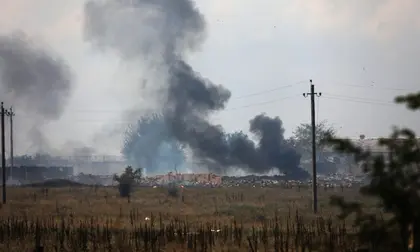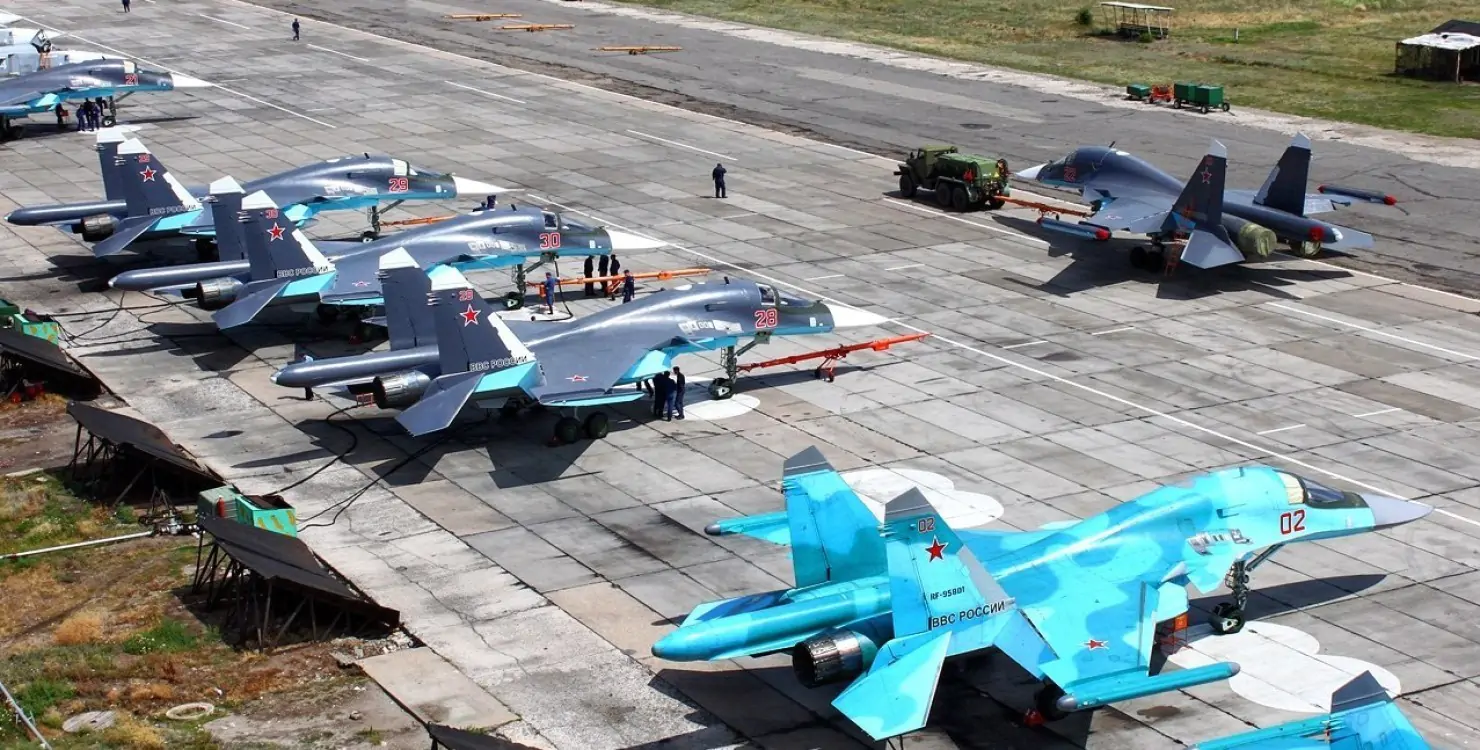Crimea, which Russian forces have occupied since 2014, was once again rocked by explosions on Tuesday. So far, no one has claimed responsibility for the attacks on Russian military facilities. Moscow has talked of “sabotage” and announced plans to investigate suspected drone attacks. Commentators discuss what comes next.
Today, Europe’s press debates recent explosions in Crimea. Here are some opinions from a selection of European publications presented by eurotopics.
JOIN US ON TELEGRAM
Follow our coverage of the war on the @Kyivpost_official.
Putin didn’t see this coming
Corriere della Sera notes an unexpected turn of events:
“Yesterday a series of heavy explosions again endangered Russian facilities in a region that until recently was considered absolutely safe. It is quite possible that more generals will be dismissed in Moscow as a result. But the conflict is taking an unexpected turn that allows the assumption that if Vladimir Putin had known six months ago that his men would become embroiled in a complicated positional war that could even jeopardise his swift military occupation of Crimea eight years ago, he probably never would have given the order to attack Kyiv on February 24.”
An unusually weak reaction
Oppositional Russian journalist Alexandr Nevzorov finds it strange that Russia has so far not responded militarily to the strike. On Gordonua.com he writes:
“The only surprise was that, for the first time, Russia reacted by sadly tucking its tail between its legs. It did not respond with its usual heroic attacks on hospitals or missile strikes on kindergartens. Instead, it mumbled something weak about security measures. Putin’s war behemoth seems either mortally wounded or quite scared.”

How Poland’s Trade with Russia Undermines EU Sanctions and Support for Ukraine
Ukrainians fighting more effectively
In this war, there are factors that are more decisive than military strength, historian and Russia expert Mark Galeotti points out in The Spectator:
“What it does underline is the degree to which the Ukrainians are adapting more quickly and effectively than their enemy, taking the huge amounts of western military assistance and using it in ways that maximise their own strengths and denies the Russians their own. This is not just a matter of sheer numbers of soldiers or weight of bombardment, nor even tactics and generalship. It is a war of imagination and adaptation, and there the Ukrainians have again demonstrated their edge.”
Russia is losing the initiative
The message the explosions in Crimea are meant to convey to the Kremlin is clear, says Club Z:
“Even if you win the war, you lose peace. The occupation could cost Russia more than the war itself, as was the case for the Americans in Iraq and the Soviet Union in Afghanistan. These explosions are a sign that Russia is gradually losing its strategic initiative in the war. This is now, with the help of Nato expertise and equipment, in Ukrainian hands. Kyiv is on its way to putting the Kremlin in checkmate with precision missiles, drones and sabotage. At the same time Russia continues to use World War II methods at the operational and tactical level.”
You can also highlight the text and press Ctrl + Enter






